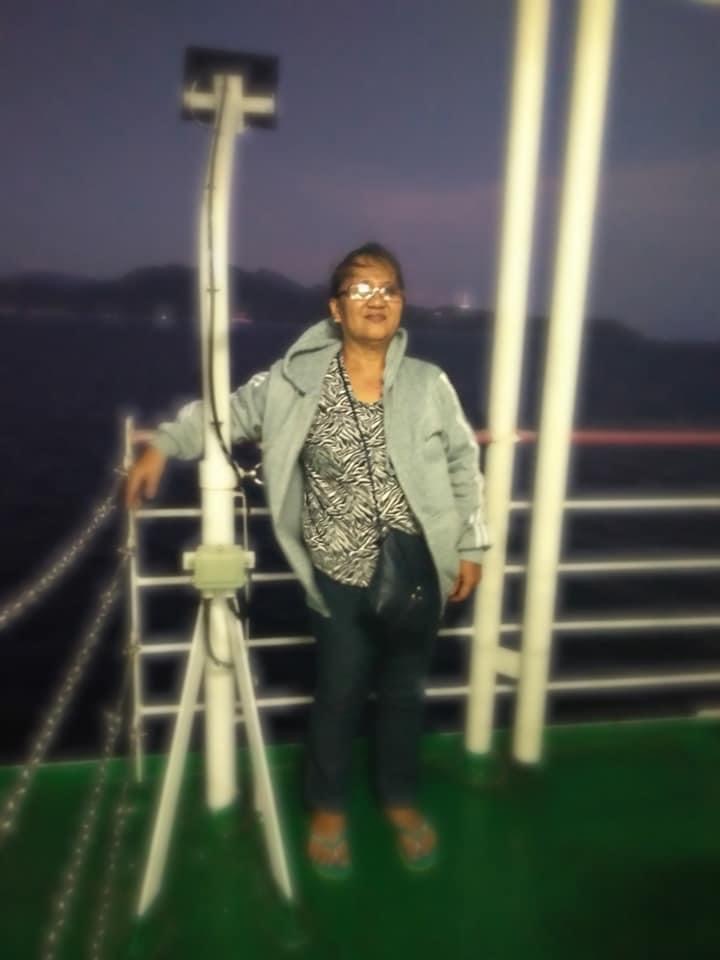One of the clearest forms of childhood trauma that I experienced was during the times when I had no control over my situation and that other people decided for me.
Growing up it became a pattern in the form of people pleasing, constant need for validation, escape through withdrawal from the world, and radio silence.
And people took advantage.
Growing up a Pastor’s Kid, I hated moving around from one place to another. I felt like I had no roots.
But I glazed over the emotions because of the spiritual concept and truth which is called God’s will.
I also felt like one of the reasons why I considered everything as part of the bigger picture was because my family grew up in poverty and we were at the mercy of the church support.
I remember one time, when I was in fifth grade, Mama and I went to Iloilo City with only provisions for fare and a gift certificate that Mama would use to buy school supplies before school would start.
But the mall would not honor the gift certificate. We went instead to Tita Sonia’s place and I witnessed my Mother cry.
I was sitting on one of the benches inside my aunt’s place while Mama wiped her tears.
I hid that memory from my consciousness because I felt like it was embarrassing to witness my Mother cry in front of newly met relatives after we went home from Davao del Norte.
When I was diagnosed with manic depression, and I spent days at the old house in Antique, whenever I felt like the overwhelming emotions were too paralyzing and the flashbacks kept coming back, I would break the unbreakables in the kitchen.
One time, I had an episode and I witnessed my Mother weep, while slumped on the floor. She asked me:
“Toto, ano problema haw?”
I did not answer her. Instead, I went back to my catatonic gaze.
The last time that I saw my Mother wipe tears from her eyes was during the wedding of my cousin Nene Jocelyn. I spoke on behalf of the cousins of the bride, and during that time, I felt enough courage and clarity to speak about love and sacrifices.
I saw Mama tear up during my speech.
You see, I may not be one of my Mother’s favorites, but we went to a lot of shared pain from our experiences because I became the de facto eldest child when she lost my older sister at birth.
We had a lot of shared painful experiences that I only talk to my psych doctor, Doc Victor Amantillo.
More than the shared experiences, it was probably because I became the clearest form of disappointment. A walking failure. A ticking time bomb, worthy of blowing up and be incinerated into nothingness.
But Mama’s habilin for me to continue my life, provided direction—seeing through to the end no matter the cost, no matter the hurt, no matter the searing pain.
Now that I think about it, writing for me, felt like a symptom of my illness, more than a life-affirming coping mechanism. And Mama understood the power of words, because she and Papa filled my childhood with books.
In retrospect, I’m happy that Mama and I bonded over Tom Clancy, Michael Crichton, John Grisham, JJ Nance, and RBC Ministries’ Courage.
All the trauma that I experienced as a kid, could never compare to the grief that I felt when I lost her. She was one of the few women who held my universe together.
So, I kept writing. Because for me, to write means to continue living.
To write means to live—trauma response, painful shared experiences, grief and loss, and all.

Mama and RORO, 2016

